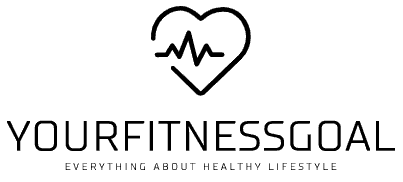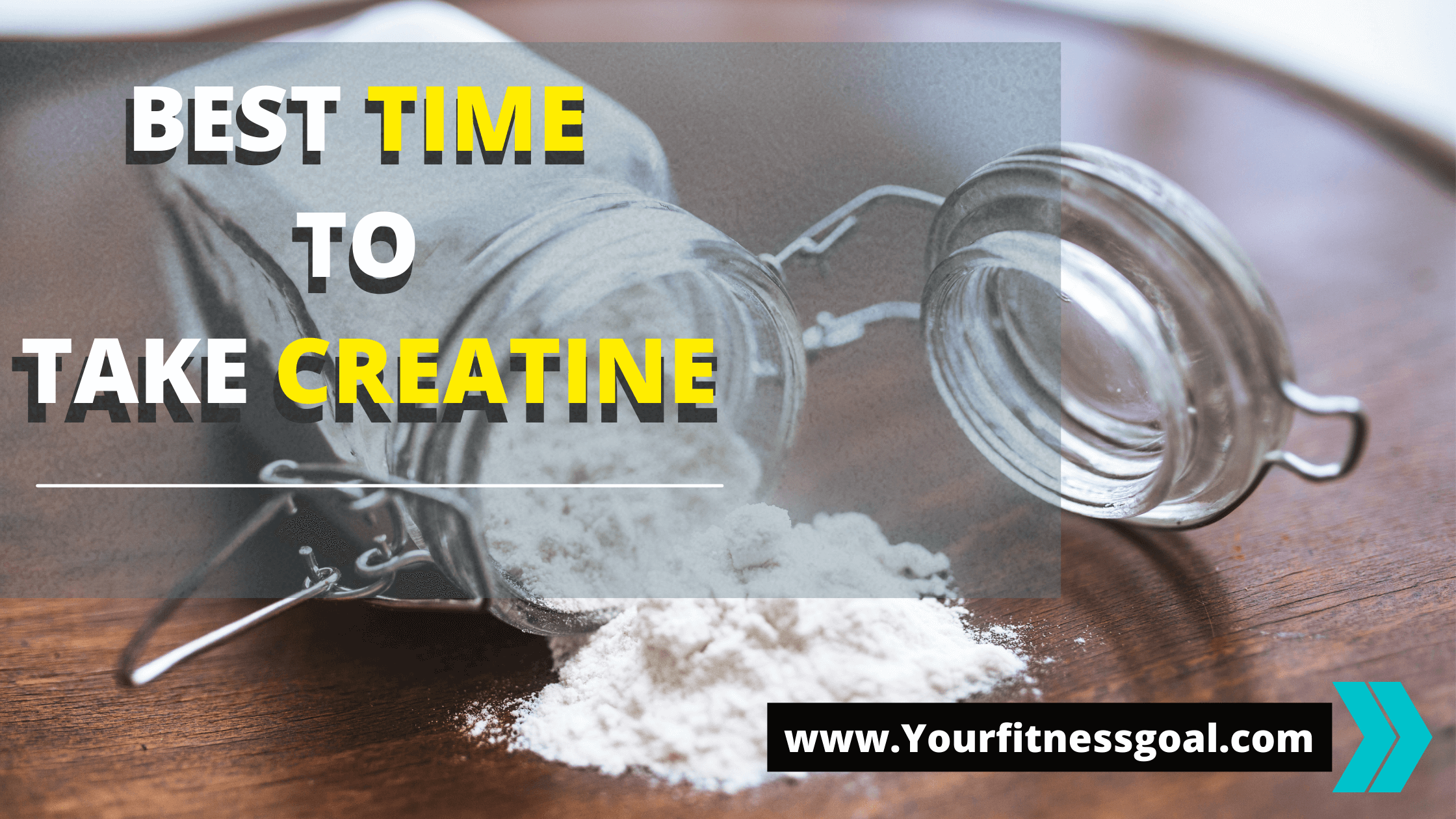Disclaimer: We partner with some awesome companies that offer products that help our readers achieve their health goals! If you purchase through our partner links, we get paid for the referral at no additional cost to you! Read our disclosure for more info.
What is Creatine?
You might have heard about creatine previously from your gym buddies. It’s one of the most popular supplements used in conjunction with whey protein. Creatine is a dietary ergogenic (performance enhancer), which means it can help you improve your mental or physical performance when exercising. But you might be wondering, what is the best time to take creatine?
There’s also a lot of evidence to back up creatine’s use in the fitness world.
Over 95% of creatine is found in our skeletal muscles as phosphocreatine in intramuscular or free creatine in your mind, kidney, and liver. Consistently, around 1-2% of intramuscular creatine gets separated into its result creatinine and is discharged into our urine.1,2 Depending on your bulk, you ordinarily require 1-3g of creatine every day to keep up prior creatine.
Creatine’s major function in our bodies is to improve training performance by increasing the amount of ATP (energy) available for muscular contraction. This allows for faster muscle fiber hypertrophy and growth. Creatine has also been recommended as a supplement that can aid in speedy recovery after training and lower the chance of injury.
List of best creatine you can order –
Why Take Creatine?
Creatine is a natural compound exceptionally amassed in muscle, where it is put away as a kind of “reinforcement fuel” save for the creation of ATP energy.
As such, what creatine does is fuel the creation of ATP energy, the fundamental energy-conveying unit found in the cells of every living thing, to control muscle constrictions and different other energy-requesting measures.

There are numerous reasons to consider creatine supplementation, all of which are supported by scientific research –
Injury avoidance
According to peer-reviewed literature, athletes who supplement their diet with creatine have a reduced rate of injury than those who do not.
Increased ability to exercise in the heat
Creatine supplementation may likewise fill in as a powerful system to lessen the danger of warmth-related ailment for competitors preparing in hot and moist conditions.
Enhanced Muscle recovery
Muscle strength increased and muscle damage decreased dramatically in the creatine supplemented group during 4 weeks when combined with complicated training, according to a study. Creatine has well-established performance-enhancing effects and various pathways that aid muscle repair after intense exercise, according to a recent review report.
Effects of Creatine
Helps in gaining Weight/body mass
When contemplating the supplement creatine, one item to consider is the gain of 1-2kg in body mass following the loading phase, which is most likely related to water retention and maybe counterproductive for athletes in endurance and weight-sensitive sports.
Creatine may help with aging symptoms
Creatine supplementation has also been postulated as having a role in aging, muscle atrophy, and insulin resistance. 3 More research is needed to investigate these assertions, however.
Increases Muscle ATP Energy
Creatine is put away in the muscles to fuel ATP (adenosine triphosphate) creation during seasons of increasingly strong movement—e.g, for example, during exercise.
Having adequate creatine saves promptly accessible is critical to supporting focused energy practice execution before arriving at weariness.
Fatigue sets in, as does muscle-damaging lactic acid, as your body resorts to less efficient energy-producing processes to stay active.
Stimulates Protein Synthesis
It’s genuinely notable and all around reported that creatine invigorates ATP creation, which thus helps with athletic execution and conceivably anabolic muscle development.
Notwithstanding, it’s anything but 100% sure that creatine’s ATP-related impacts are straightforwardly answerable for the natural compound’s additionally notable advancement of protein amalgamation, which is needed for expanded muscle gains.
When is the best time to take creatine?

Taking creatine before workout
Supplementation can enhance muscle reserves due to the muscle’s natural condition of inadequate creatine levels. If you’re new to supplements, the ideal method to maximize these stores is to take roughly 5g creatine four times a day for 5-7 days. Alternatively, based on bodyweight, 0.3g/kg/day.
Once your creatine stockpiles are adjusted, a daily intake of 3-10g (depending on your body size) may be sufficient to keep you going.
To maximize their creatine storage before an exercise, vegetarians, vegans, and people with a bigger body mass may need higher doses.
Take your creatine about 30 minutes before your workout, do a warm-up, and that should be enough time for creatine to be available before your first set.
Taking creatine after a workout
As talked about already, dietary creatine is regularly not sufficient to augment the body’s stores of creatine. Hence, perhaps the best ideal opportunity to take creatine is by enhancing it after an exercise. This can help in strong recuperation by renewing what was utilized during your exercise and assists keep with muscling stores improved and prepared for your next exercise.
Best Way to take creatine before or after working out
Most trainers use creatine either short of what one hour prior or following working out. Utilizing it after exercise can be valuable since practicing invigorates blood course and cells would then be able to be provided with creatine all the more rapidly. In any case, creatine can be taken whenever.
Taking creatine during Off days
Creatine monohydrate supplementation is especially beneficial when taken regularly. During non-exercise periods, the daily suggested amount of 3–5 g of creatine monohydrate should be taken. Because the timing of creatine administration is unimportant, it can be taken with meals.
Also Read –
- How to get rid of double chin?
- How long does chicken last in the fridge?
- 10 proven health benefits of coffee
- 15 Best zero calories food for weight loss
- Intermittent fasting and morning workout
- Can you do Yoga every day?
- How to get faster abs through diet & exercise?
Conclusion
Creatine is a safe and effective supplement, but when to take it is a point of contention.
On exercise days, research shows that it could be smarter to take creatine in no time previously or after you work out, as opposed to well before or after.
On rest days, it very well might be valuable to take it with food, yet the circumstance is presumably not as significant as on practice days.
FAQ’s –

Hey, y’all! I’m Akshay!
I’m SO excited you’re here! I’m super passionate about nutrition and specialize in teaching others how to lose weight through healthy, low-carb eating along with Yoga and exercises. Here at Yourfitnessgoal, we believe in quality over quantity and that diet is EVERYTHING when it comes to your health and well-being. In short, we believe in a Fit and healthy lifestyle.


1 thought on “What is the Best Time To Take Creatine?”
Comments are closed.